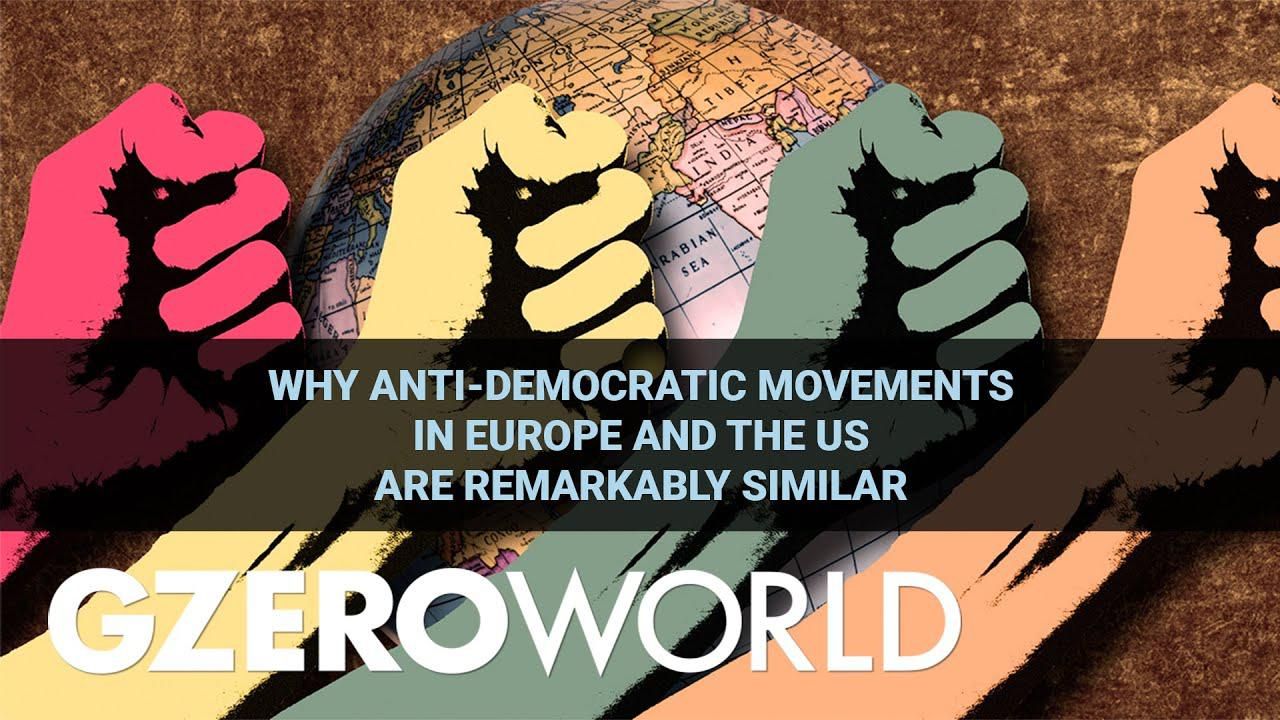GZERO World Clips
Why anti-democratic movements in Europe and the US are remarkably similar

Why Anti-Democratic Movements in Europe and the US Are Remarkably Similar | GZERO World

Political movements that promote authoritarian leaders and anti-democratic governments have gained significant ground in Eastern Europe in the past twenty years. And according to Pulitzer Prize-winning journalist Anne Applebaum, it's a trend that goes beyond that specific region. "This will sound very bizarre, but the trajectory of events and the nature of political debate in Poland is amazingly similar to the United States, the kinds of arguments that people make, the, the level of polarization… you can see this impulse to destroy and undermine the institutions of democracy everywhere." What is the appeal of such movements and what has the pandemic done to expand their influence?
Applebaum and Ian Bremmer take on those questions on GZERO World, which began airing on US public television stations nationwide on Friday, March 5. Check local listings.
Watch the episode: Authoritarianism's Enduring Appeal: Anne Applebaum Discusses
The Supreme Court has struck down President Trump’s use of the national emergency clause to impose sweeping tariffs around the world. In this Quick Take, Ian Bremmer explains why this ruling was predictable and why it’s a major setback for Trump’s trade strategy.
Think you know what's going on around the world? Here's your chance to prove it.
2.5 million: The population of Gabon who can no longer get onto certain social media platforms, like YouTube and TikTok, after the government suspended access on Tuesday.